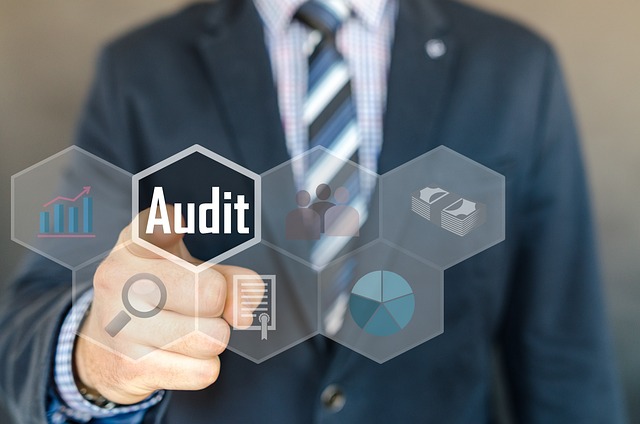Smart contracts anchor the blockchain ecosystem, enabling participants to transact independently according to preset rules. However, their unique “code is law” nature makes smart contracts a prime target of hackers, requiring audits to ensure such contracts are safe and compliant with industry standards before public deployment.
This article will explain contract audits and the best practices for getting one.
What is a smart contract audit?
It is a deep dive into your contract’s codebase to identify security and operational vulnerabilities. It involves experts sifting through the codebase to identify flaws malicious actors could exploit or any error hindering the contract’s performance. The auditing team gives detailed reports about the identified vulnerabilities and provides recommendations for fixing them.
Why is it important?
Contract audits are important for many reasons, including:
- Security: The auditing process enables experts to identify and help fix security vulnerabilities within the contract’s code. This way, you can release a contract that lets users transact without fear of losing their funds. Unaudited contracts are a significant risk because they might contain overlooked bugs, enabling hackers to steal funds or sensitive information.
- It enhances performance: An audit doesn’t only revolve around security. It also involves blockchain technology experts examining the codebase to identify ways they can improve its performance and efficiency. For example, the auditors can look for ways to reduce transaction fees and make transactions execute faster, helping retain users in the long term.
- Compliance: An audit is a common requirement for smart contracts to comply with financial regulations. Most users and fellow blockchain companies also require audits for any contract they interact with. Without an extensive auditing process, you’ll be out of compliance and find it challenging to attract users and partners.
- Building reputation: An audit can go a long way toward building your blockchain app’s reputation in a famously competitive industry. Posting an audit report on your website encourages people to use your blockchain platform.
Best practices of a smart contract audit
The best practices to follow when conducting a smart contract audit include:
1. Set clear objectives
Set clear goals for the imminent audit. Define the scope and objectives so the assigned auditor knows exactly what you want. Both sides must have a clear understanding before proceeding.
2. Choose an adept and experienced auditor
Don’t just pick any random editor to review your project. Look for an auditing firm with a good track record of reviewing blockchain projects with positive client feedback. Also, the team and their expertise should be examined. Do they have sufficient experience working in the blockchain industry? What are their cybersecurity qualifications? These are important things to consider.
3. Documentation
The auditor must provide detailed documentation outlining the vulnerabilities they identified in your contract and the recommendations for fixing them. Clear documentation helps you understand and fix the errors according to the auditor’s suggestions.
After fixing the errors, the auditor should confirm the fixes and provide a formal report certifying that your project has undergone an extensive audit. You can post this report on your website to encourage potential users and partners.
4. Post-audit support
Auditing doesn’t stop at the first try. You need frequent audits to keep your contract secure and resilient in the long term. You can audit the contract at least once a year or any time you make major code changes. Frequent audits help you keep up with rapid changes in the ever-evolving blockchain sector.
By following these best practices, blockchain developers can ensure their apps remain secure and compliant with industry standards in the long run.










Leave a Reply